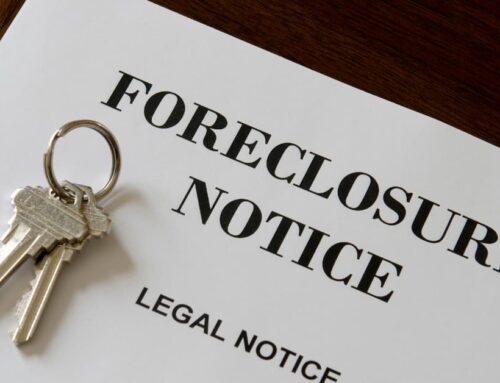Commercial real estate transactions in Texas can be quite complicated in nature – largely due to the sheer number of regulations and laws that are to be adhered to by the parties involved. Any non-compliance or violation on your part can not only compromise your rights and interests but also lead to hefty penalties. Correlating with this, if you are planning to buy, sell, or rent commercial property, it is advisable to have an accomplished Texas commercial real estate attorney on your side.
Basics of Commercial Real Estate in Texas
In a highly complex and competitive commercial real estate market, it is vital to work with reputable law firms while making a real estate transaction to protect your interests. Lawyers with extensive experience in Texas commercial real estate can educate and counsel clients on all key aspects of these properties and the related state laws in order to help them make the best decisions.
#1. Buying Commercial Property in Texas
Key issues you need to consider while buying commercial real estate include:
- Zoning laws (whether the property in question can be used for the intended purpose).
- Land use laws (whether there are any restrictions on how and for what purpose the real property in question can be used).
- Permits and licenses.
- Whether there are any liens or judgments on the property.
- Whether there are any legal issues with the title.
- Whether there are any easements on the property that can restrict you from developing and using the property the way you want.
#2. Leasing Commercial Property in Texas
Commercial leasing transactions can be just as complicated as buying or selling commercial property – depending on the circumstances. The most common types of commercial leases in Texas include:
- Single-net lease
- Double-net lease
- Triple-net lease
- Bondable-net lease
- Full-service gross lease
- Modified-gross lease
- Percentage lease
Depending on the preferences of the landlord and the tenant, the lease can be terminated after a specific period of time, continued if the tenant wishes to, or automatically renewed until one of the parties decides not to continue with the arrangement. Commercial lease agreements need to be drafted carefully, as any mistake can compromise the rights and interests of the parties involved and lead to lease disputes.
#3. Commercial Property Evictions
Commercial landlords in Texas have the right to evict their tenants if the rent is not paid in a timely manner or if the terms of the lease are breached. Before initiating the eviction process, the landlord needs to take a number of other steps – from issuing a notice of default to serving a notice to vacate – in order to give an opportunity to the tenant to pay the delinquent rent if they wish to continue renting the property.
If the tenant breaks the lease without any legally or contractually justified reason, the landlord might be able to sue them for damages. On the other hand, if the landlord locks out or evicts the tenant in violation of the terms of the lease agreement or state law, the tenant might be able to sue the landlord for damages.
#4. Commercial Real Estate Development
When it comes to commercial real estate development, the most important issues you need to consider include:
- The permits, licenses, and approvals are to be obtained for starting the project.
- Local, state, and federal laws and regulations are to be complied with at different stages of the project.
- Signing contracts, leases, and deeds with the parties involved in the project.
- Protecting yourself and your business against potential liability issues.
- Resolving contract disputes, claims, mechanics’ liens, and other legal issues as and when they arise.
Seasoned Texas Commercial Real Estate Attorneys Are Ready to Represent You
At Kelly Legal Group, we have a team of Texas board-certified attorneys with legal specialization in real estate. Our lawyers have a deep understanding of real estate law and are experienced in handling disputes related to residential and commercial real estate transactions. From real estate closings to contract-related disputes, lease-related disputes, title defects, property tax disputes, disputes with financial institutions and insurance companies, and real estate litigation, we can help you with a wide range of commercial real estate matters.
To learn more about how the Kelly Legal Group can help you, call our commercial real estate law firm today at 512-505-0053 or fill out this online contact form and schedule a free consultation with one of our Austin commercial real estate attorneys.






